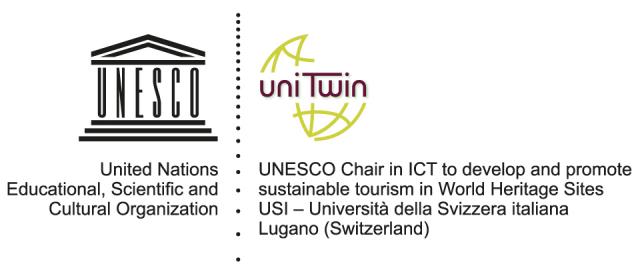Structure and contents
Shape the Sustainable Future of Travel and Tourism
Tourism has grown to become a global economic industry. Managing international tourism means understanding its diversity and requires a frequent change of perspectives between the various stakeholders involved in tourism: different types of tourists, tourism businesses, the local community, tourism employees, governments, NGOs, activist groups, and tourism industry associations – to name a few.
The USI Master in International Tourism responds to this need by offering a multidisciplinary and forward-thinking approach. While acquiring toolkits of Economics, Communication Sciences, and Management, you master different ways of critical thinking which are key to solving complex problems in tourism.
While our core courses give you a helicopter view of the International Tourism Industry, you specialize yourself during your minor in eTourism, minor in Sustainability, the World Challenges Programme, or a semester abroad at one of our selected partner universities.
You study in small intercultural classes taught by an expert Faculty coming to Lugano from all over the world. Through various labs, applied group projects, conferences, field excursions in Switzerland and abroad, Study Tour to a European city destination, tourism internship, you sharpen essential soft skills and gain valuable hands-on experience in tourism at university level.
The USI Master in International Tourism is designed to equip learners from a wide variety of educational backgrounds with the toolkits and soft skills needed to shape international tourism in a sustainable way, creating the best possible start for a successful tourism career.
Our graduates are well-equipped for a high-level career in the international tourism industry within Destination Management & Marketing Organizations; Transportation & Accommodation companies; (Online) Tour Operators; Event Management & Conferences; Corporate Travel Management; Tourism Research and Consultancy; Governments, NGOs & Tourism Industry Associations.


